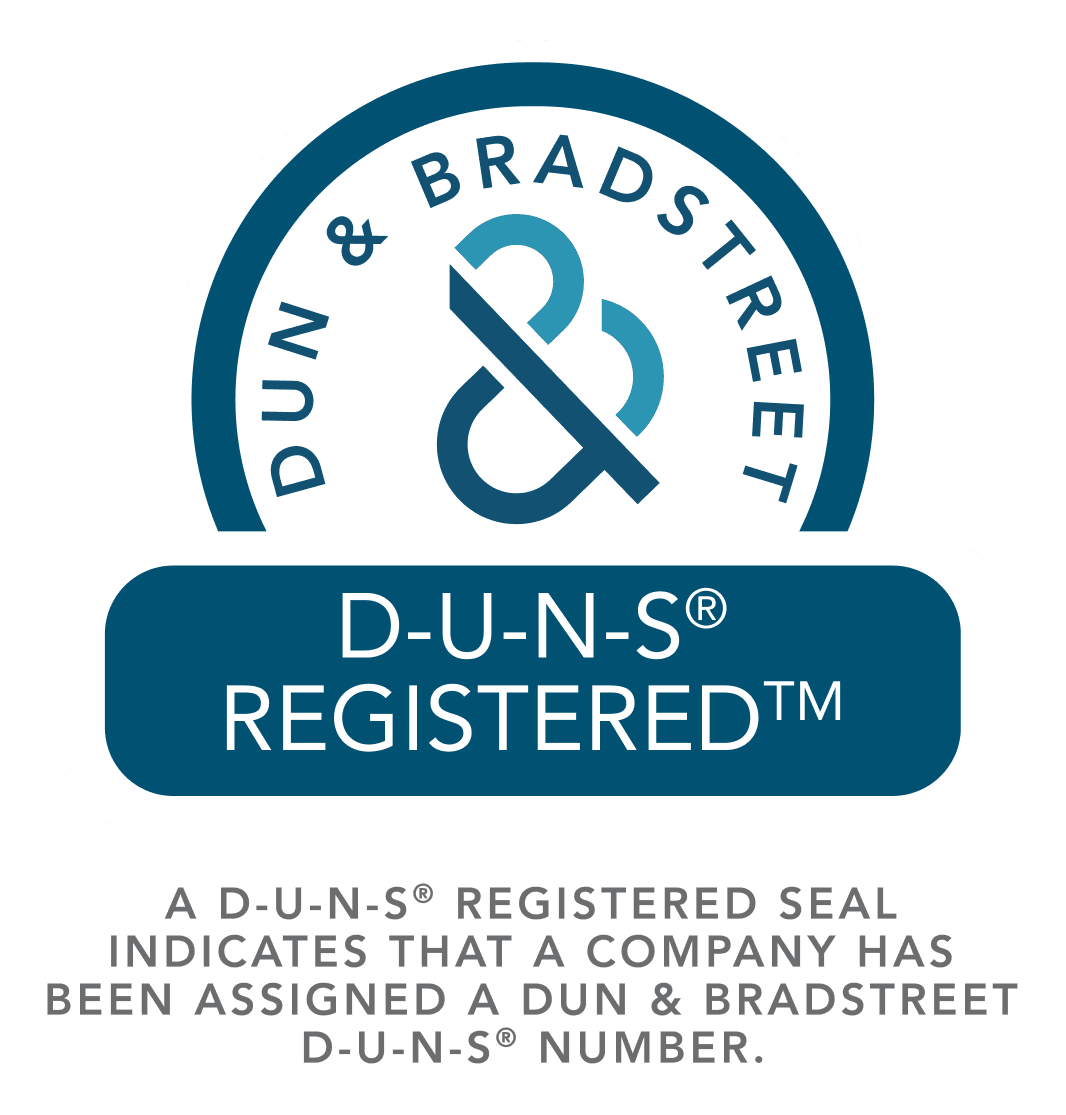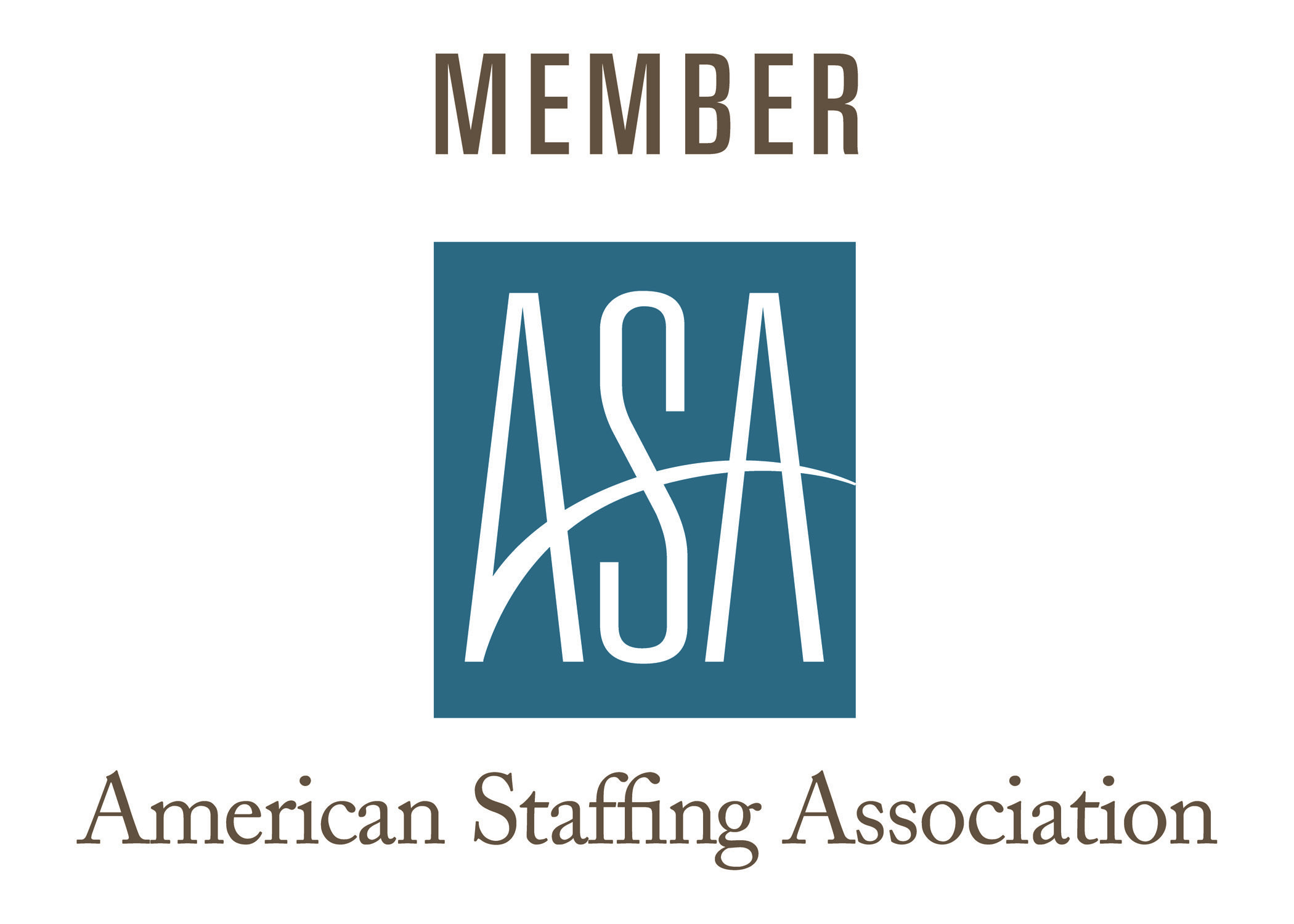As the US dental workforce evolves, an increasing number of modern dentists are seeking alternatives to the traditional 9-to-5 work model. Whether driven by lifestyle preferences, family obligations, or the desire for professional variety, many dentists are turning to more flexible employment options. One of the most rewarding and viable choices is per diem dentistry, a day-to-day, shift-based role that offers both professional autonomy and competitive compensation.
If you're considering per diem work or looking for a more flexible schedule, this blog will provide essential insights, including qualifications, expected pay, benefits, challenges, comparisons with other employment models, and how to get started.
What Is Per Diem Dentistry?
Per Diem Dentistry involves hiring dentists on a temporary, shift-based, or as-needed basis, commonly to cover absences, busy days, or emergencies. Typical settings include private practices, DSOs, community clinics, and mobile or school-based programs. This model is ideal for clinics needing flexible staffing or short-term coverage. Typical settings include private practices, Dental Support Organisations (DSOS), community clinics, and mobile or school-based programs. This model is ideal for clinics needing flexible staffing or short-term coverage.
Key Skills:
- Accurate diagnostics and treatment planning
- Effective communication
- Adaptability and time management
- EHR system proficiency
Salary Expectations:
Salaries for per diem dentists generally fall between $131,000 and $236,000 per year, with the highest earners making as much as $300,000. The median income is approximately $189,979, and wages can increase in regions with elevated living expenses or specialised fields.
Benefits of Per Diem Dentist Jobs
Per diem dental work offers flexibility and higher pay rates, making it an appealing option for many. Here are the key benefits:
1. Flexibility and Control: Choose your hours and locations, allowing for a better work-life balance away from a rigid schedule.
2. Higher Pay Rates: Without benefits like health insurance or paid time off, per diem roles typically offer higher compensation, which can attract experienced dentists seeking extra income.
3. Variety in Clinical Practice: Work in diverse settings such as private practices and public health clinics, gaining valuable experience and enhancing your skills.
4. Minimal Commitment: These positions don’t require long-term commitments, allowing you to explore different work environments and opportunities.
Challenges of Per Diem Dentist Jobs
While per diem work offers flexibility, it comes with challenges:
1. Inconsistent Hours: Work availability can fluctuate, with some weeks busy and others very slow.
2. No Benefits: These positions often lack health insurance, paid time off, or retirement plans, complicating long-term financial planning.
3. Limited Advancement: Per diem dentists have fewer opportunities for promotions and professional development, affecting career growth.
4. Adjusting to Environments: Frequently adapting to different workplaces and patient demographics can be both exciting and challenging.
Per Diem vs. Other Dental Employment Models
In addition to per diem, dentists can choose from employment models like locum tenens and full-time positions, each offering varying flexibility, job security, and benefits to match career goals.
| Feature | Per Diem | Locum Tenens | Full-Time |
| 1. Commitment | Day-to-day, as-needed | Short-term contracts (weeks to months) | Long-term |
| 2. Schedule Flexibility | High | Moderate | Low |
| 3. Travel Requirements | Typically local | Can be local and sometimes involves traveling interstate | Usually, a fixed location |
| 4. Pay Structure | Hourly or daily | Weekly | Weekly/ Monthly |
| 5. Benefits (PTO, Insurance | Not include | Not included | Included |
| 6. Career Progression | Minimal | Moderate | High (with promotion/ownership opportunities) |
| 7. Practice Environment | Frequent changes | New setting for each contract | Consistent setting |
| 8. Best For | Dentists seeking flexibility or supplemental income | Dentists open to travel and short-term commitments | Dentists seeking stability and long-term growth |
Many dentists find that combining these models offers a balance of per diem flexibility, full-time stability, and diverse locum tenens roles for a dynamic career.
Is Per Diem Dentistry Right for You?
Per diem dentistry can be an excellent option for various dental professionals, including
- Dentists in career transition or relocation
- Professionals seeking more flexible schedules
- Those easing into retirement or needing part-time income
However, before deciding if per diem dentistry is right for you, it's important to ask yourself a few key questions
- Can I adapt to different work environments quickly?
- Am I comfortable without guaranteed hours?
- Do I value flexibility over stability?
Answering these questions will help you determine if per diem dentistry aligns with your career goals and lifestyle preferences.

How to Get Started with Per Diem Dentistry
Ready to make the move? Here’s your starter checklist:
- Meet the Requirements: Hold a DDS or DMD from an accredited dental school and maintain an active state license.
- Build Experience: Most per diem roles prefer 1–3 years of clinical practice.
- Get Licensed: Become licensed by the relevant state board where you intend to work.
- Secure Malpractice Insurance: Get malpractice insurance to ensure you’re covered before taking on assignments.
- Search Smart: Partner with Verovian Dental Recruitment Agency to connect with verified roles and get tailored career support.
The Future of Per Diem Dentistry
Demand for per diem dentistry is increasing as dentists prioritize flexibility, especially post-COVID. The rise of Dental Support Organizations (DSOs) has created a greater need for temporary staffing. Technology is streamlining recruitment, making it easier to find per diem roles, which are crucial for rural and underserved areas. Millennial and Gen Z dentists seeking work-life balance further suggest that per diem dentistry will continue to grow in popularity.
Frequently Asked Questions (FAQs)
- Is per diem dentistry a good choice for new grads?
Yes, it allows diverse experience and exposure to various clinical settings. - Can I work per diem in more than one state? Yes, you can work per diem in multiple states. If you hold a compact license and the state you intend to work in is part of the Interstate Dentist and Dental Hygienist Compact, you won't need a separate license for that state. Otherwise, you’ll need a valid license for each non-compact state and allow time for credentialing.
Conclusion
Per diem dentist jobs offer a modern, flexible career path with solid earning potential and autonomy. While the model may not suit everyone, it's a valuable option for dentists who crave variety, independence, or a shift from the traditional 9-to-5.
Ready to take the next step?
Join Verovian Dental Recruitment Agency and start your flexible dental journey today!




